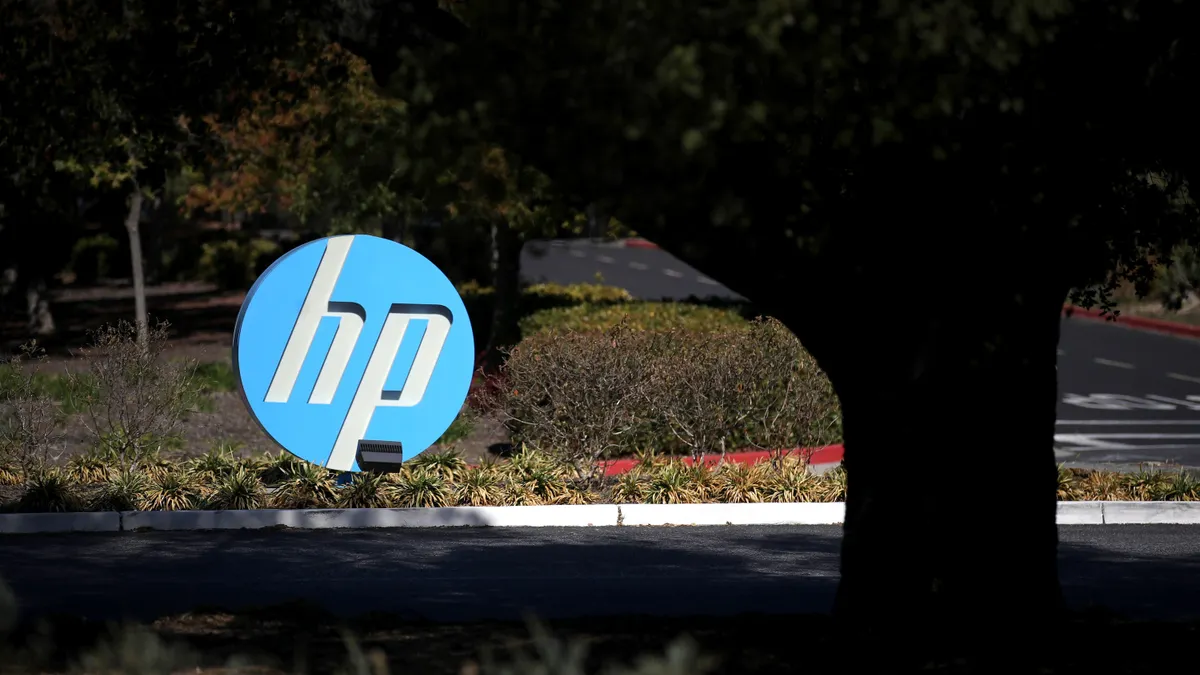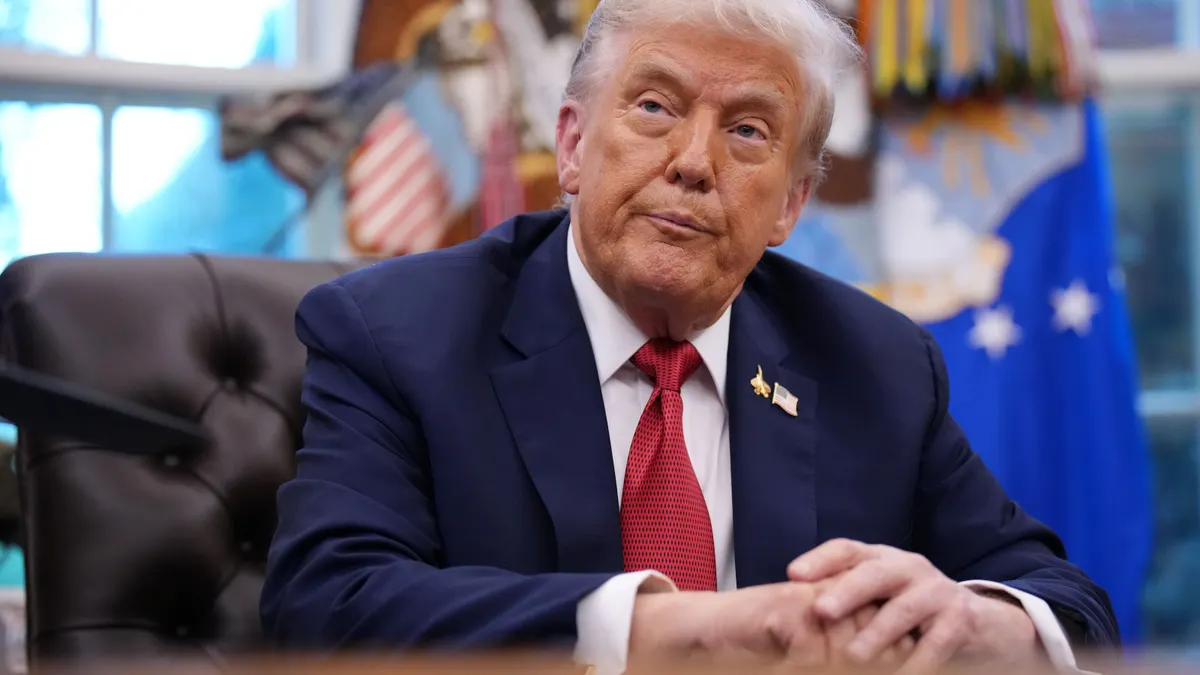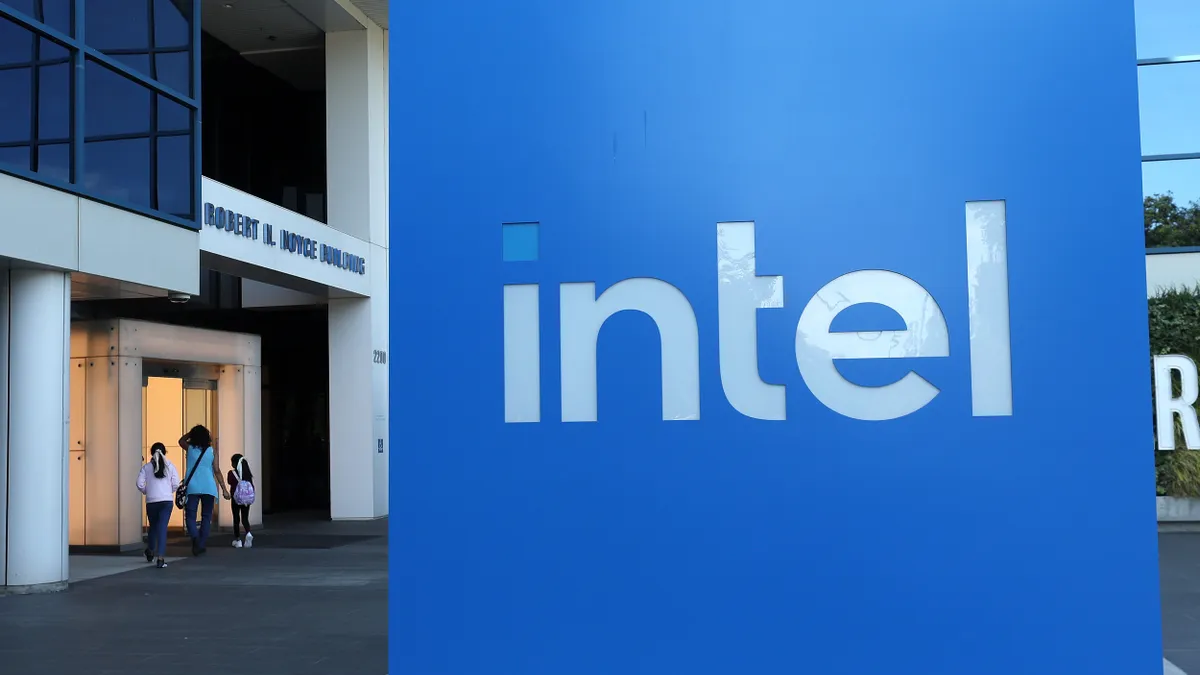Starting a new job feels much like the first day of school. But for the newly named CIOs of 2017, concern about smooshing a peanut butter and jelly sandwich is the least of their worries.
This year, cyberattacks and data breaches were the hallmark of vulnerable IT that no organization wants to experience. Digital transformation, however, stood at the forefront of good, hygienic IT practices, thus establishing 2017 as the year IT started to truly take its rightful place in business strategy.
To accommodate the presence technology has taken in the enterprise, major companies have brought in new CIOs. Tasked with maintaining a technical infrastructure, propelling innovation and adhering to a set budget, the CIO is becoming the backbone of an enterprise's success.
In no particular order, here are 10 CIOs to watch in year ahead.
1. Terry Halvorsen, CIO of Samsung Electronics
Halvorsen has an impressive resume, having served as a federal CIO for both the Department of the Navy and the Department of Defense.
But he was chosen by Samsung in April for his aggressive approach to IT innovation as well as a particular savvy background in cybersecurity to "complement our strategy to ensure we meet the complex needs of businesses," said JK Shin, CEO of IT and mobile communications at Samsung.
Looking ahead: Samsung is partnering with the U.S. military to develop a "high-bandwidth 5G wireless network," according to Defense Systems. Halvorsen insists the 5G allows will enable more advanced encryption without threatening connection speed.
2. Lori Beer, CIO of JPMorgan Chase
Beer was named CIO and tasked with overseeing an IT budget of $9.5 billion in September after she was promoted from her CIO role in the company's Corporate and Investment bank. JPMorgan's former CIO successfully moved the company to the cloud. Now, under Beer, the company is looking to automate services including systems access administration with ML and robotics.
Looking forward: Data analytics are driving much of JPMorgan's IT, and the company brought on a new head of CIB analytics and data science in October. ML prospecting tools and AI trading strategies were already implemented under Beer.
3. Kathleen Wayton, CIO of Southwest Airlines
Wayton succeeded Randy Sloan and is expected to report directly to the airline's president, Tom Nealon. But her July arrival came during Southwest's technical overhaul. South announced a combined $800 million budget dedicated to new operations technology and reservation system last year. Wayton's placement comes after a router failure in July 2016, which caused a 12 hour outage, reports the Dallas Business Journal.
Self-tagging kiosks make checking bags quick and easy. Have you tried it yet? pic.twitter.com/yeq07L6L6T
— Southwest Airlines (@SouthwestAir) October 24, 2017
Looking forward: Airlines are responsible for troves of data that could severely impact a traveler's experience. To ease the burden of sifting and using data, airlines are implementing ML analytics. Southwest's use of ML is for time series analysis, which gives the company better insight into finding hiccups in flight patterns.
4. Christine Putur, CIO of REI
Just in time for cold weather and online shopping, outdoors retailer REI announced Putur as its new CIO this month. She comes from a retail background including Coach and Staples. Putur is just the second CIO in REI's history and the second woman to fill the role.
Looking forward: Though the company did not disclose major details about Putur's recent hiring, former CIO, Julie Averill, maintained her role was to ensure the company's customers continued to "enjoy the outdoors." Because technology is such an integral part of customer experience, REI is credited as one of the most "human" retail brands.
5. Archana Deskus, CIO of Hewlett Packard Enterprise (HPE)
Deskus was announced CIO in October and is expected to head the HPE Next initiative. The project is forecast to save the company about $800 million by FY 2020. HPE is on the rise after it finally saw a 5% year-over-year revenue increase in Q4.
Looking forward: HPE is entering a new era. In the last several months, it announced plans to leave its iconic Palo Alto headquarters for a smaller location in Santa Clara and CEO, Meg Whitman, declared she will step down in February.
6. Anthony Thomas, CIO of Nissan Motor Co.
Nissan is also in the midst of modernization and named Thomas as its CIO in October. Thomas is left to pick up where former CIO, Celso Guitoko, left off.
An article from @ZDNet based on latest @Gartner_inc research. Good read for anyone in Information Technology and Digital arenas. In summary, the role of CIO is more relevant than ever, if done right. https://t.co/WHu8UgllkQ
— Tony Thomas (@AnthonyAThomas) November 23, 2017
Guitoko is credited with moving the company to the cloud and creating a level of transparency in IT investments for leadership outside of IT. Nissan was one the victims of the WannaCry attack, making cybersecurity a priority for Thomas.
Looking forward: Nissan is partnering with tech companies including Apple's CarPlay and Google's Android Auto to optimize the digital experience of its drivers, according to AdWeek. Technology is becoming more integrated in the workplace and the products companies wish to sell. "Connected cars" will be able to provide companies data on their customers including their app usage, speed and location.
7. Pragati Mathur, CIO of Staples Inc.
The company created its Staples Digital Solutions department catered to "digital organizations," and it is led by Faisal Masud, Staples' CTO. Mathur was brought on in June and is to report to Masud. Staples' customer base is becoming more technological, forcing Staples to reevaluate its traditional business strategies.
In her former role, Mathur oversaw a business intelligence team that was used to "extract the right data from varying sources" to drive better business insights, according to information made available to CIO Dive in an email.
Looking forward: Similar to the split that resulted in HPE, the owner of Staples, Sycamore Partners, broke the company into two separate retailers designed for consumers and corporate sales. Staples, among other physical retailers, is struggling to maintain profitability with the emergence of Amazon. Staple's IT is now tasked with maintaining the B2B operations it's known for while helping the company compete in the e-commerce domain.
8. Francisco Fraga, CIO of Campbell Soup Company
In an effort to come back from a decline in sales, Campbell is integrating solutions through e-commerce, Big Data analytics and supply chain optimization. Because packaged food brands must adapt to changes in taste, analytics following those changes are pertinent to company success. To guide these functions, Fraga was onboarded in October.
Announcing our first @get_chefd pilot: @CampbellKitchen now can ship your ingredients for 6 of our most popular recipes #rtfood pic.twitter.com/x5CF6Q3uuo
— Campbell Soup Co (@CampbellSoupCo) November 2, 2017
Looking forward: Campbell is a household brand, but to hold onto that reputation, it is tasked with staying connecting to its consumers. The company wants to enlist augmented reality in shaping how and when a customer uses a product. The idea of adding AR is not to change Campbell's soup line but instead to change the cooking experience, according to The Spoon.
9. Bhargav J. Shah, CIO of Pier 1 Imports
Shah entered the role as Pier 1's CIO in August with an established background in e-commerce. The company has seen an approximately 80% decline in stock since 2013. Due to his background in AI and e-commerce, the home goods retailer is expecting Shah to elevate its technical profile while directing optimization efforts to improve overall performance.
Looking forward: E-commerce sales accounted for nearly one-third of Pier 1's Q2 net sales, a 20% increase from last year. The retailer's IT department is partially tasked with re-imagining how the company connects with its customers through "sourcing, supply chain, and promotional effectiveness," according to CEO Alasdair James. The company is looking to adopt a heavy e-commerce strategy to accommodate the 15% of furniture sales online.
10. Bryan Muehlberger, CIO of Beachbody LLC
Muehlberger was announced as Beachbody's CIO in August after serving as CIO for Red Bull. The onboard of a new CIO is to help Beachbody reach an international market. Muehlberger was given the responsibility of heightening Beachbody's overall digital capacity through Big Data analytics. He already created the fitness company's first data science team.
UPS to Use Virtual Reality to Train Truck Drivers https://t.co/yAkMWdGyhe via @WSJ
— Bryan Muehlberger (@bmuehlberger) August 21, 2017
Looking forward: The fitness company launched a "self-service analytics data lake architecture" with Amazon S3, reports the Digital Journal. Beachbody employees can now access data in real-time, as opposed to the weekly basis it had before. Ultimately, the access to data is better streamlining customer acquisition efforts, streaming services and transactional records.






















